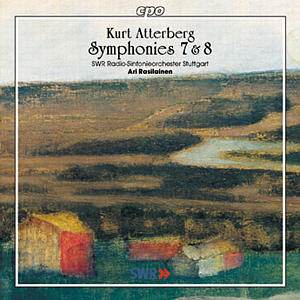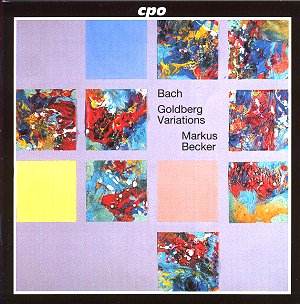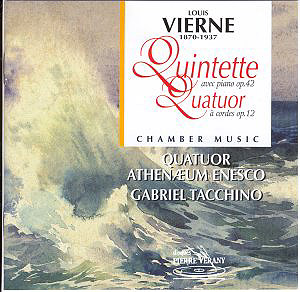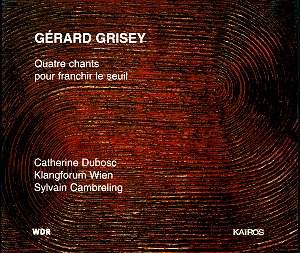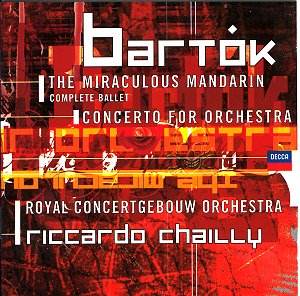 Composer: Béla Bartók
Composer: Béla Bartók
Works: Concerto for Orchestra Sz 116 (1943), The Miraculous Mandarin (complete ballet) Sz 73 (1924)
Performers: Royal Concertgebouw Orchestra, Laurenscantorij Choir, conducted by Riccardo Chailly
Recording: Grotezaal Concertgebouw, Amsterdam, 22nd-23rd May 1995
Label: DECCA
Béla Bartók’s contributions to the 20th-century repertoire are monumental, and his two works featured in this release—Concerto for Orchestra and The Miraculous Mandarin—serve as prime examples of his innovative orchestral writing. Written during a turbulent period in his life, particularly the Concerto for Orchestra, this work emerged in 1943, commissioned by the Boston Symphony Orchestra under the baton of Serge Koussevitsky. It is a testament not only to Bartók’s artistic resilience amid personal suffering but also to his mastery of form and orchestral color, eschewing the bleakness of earlier works for a vibrant, polyphonic tapestry that draws heavily from his Eastern European roots.
Chailly’s interpretation of the Concerto for Orchestra is marked by a meticulous understanding of Bartók’s rhythmic complexities and a palpable warmth that suffuses the ensemble’s sound. The Royal Concertgebouw Orchestra, renowned for its orchestral refinement, delivers a performance that is both technically polished and expressively nuanced. Each movement is a showcase of orchestral virtuosity, yet Chailly imbues the performance with an emotional depth that elevates the music beyond mere technical display. For instance, the interplay between strings and winds in the second movement, “Game of Couples,” reveals an exquisite balance and clarity, allowing the intricate counterpoint to emerge with startling immediacy.
Recording quality is of paramount importance in any orchestral release, and this Decca recording excels in presenting the Royal Concertgebouw’s rich sonority. The acoustic of the Grotezaal complements the orchestra’s tonal palette, capturing the depth of the brass and the transparency of the strings. The slight pauses and rubato in certain passages resonate with an ethnic authenticity, enhancing the folkloric elements inherent in Bartók’s language. However, the performance does tread a fine line between precision and expressivity; for instance, the trombone glissandi, while technically immaculate, could benefit from a greater sense of abandon to convey the raw emotionality that Bartók often sought to evoke.
Turning to The Miraculous Mandarin, the orchestration is again sharply rendered with a rhythmic security that is both thrilling and evocative. The Laurenscantorij Choir, albeit in a limited role, complements the orchestral textures with an ethereal quality that punctuates the ballet’s dramatic narrative. The performance captures the visceral energy of the score, which, despite its controversial inception, has found a rightful place in the canon of modern ballet music. The orchestral climaxes, particularly in the final moments of the ballet, are executed with a fervor that speaks to the ensemble’s interpretive prowess. Chailly’s direction here is assured, weaving together the disparate threads of the narrative with an adeptness that reveals the underlying moral complexities of Bartók’s work.
This release stands out in a rich discography of Bartók’s music. While the legendary interpretations by Fritz Reiner on RCA remain benchmarks, Chailly’s approach offers a refreshing perspective that emphasizes both the technical brilliance of the orchestra and the emotive core of Bartók’s compositions. The interplay of refinement and rawness in these performances creates a compelling listening experience that honors the spirit of Bartók’s intent.
The Royal Concertgebouw Orchestra, under Riccardo Chailly’s leadership, delivers a recording that not only showcases the ensemble’s extraordinary capabilities but also breathes life into Bartók’s rich musical heritage. This release is a significant addition to the catalog, capturing the essence of Bartók’s genius with clarity and conviction. It is a reminder of the enduring power of these works, both as a reflection of their time and as a testament to the universal themes they convey.
